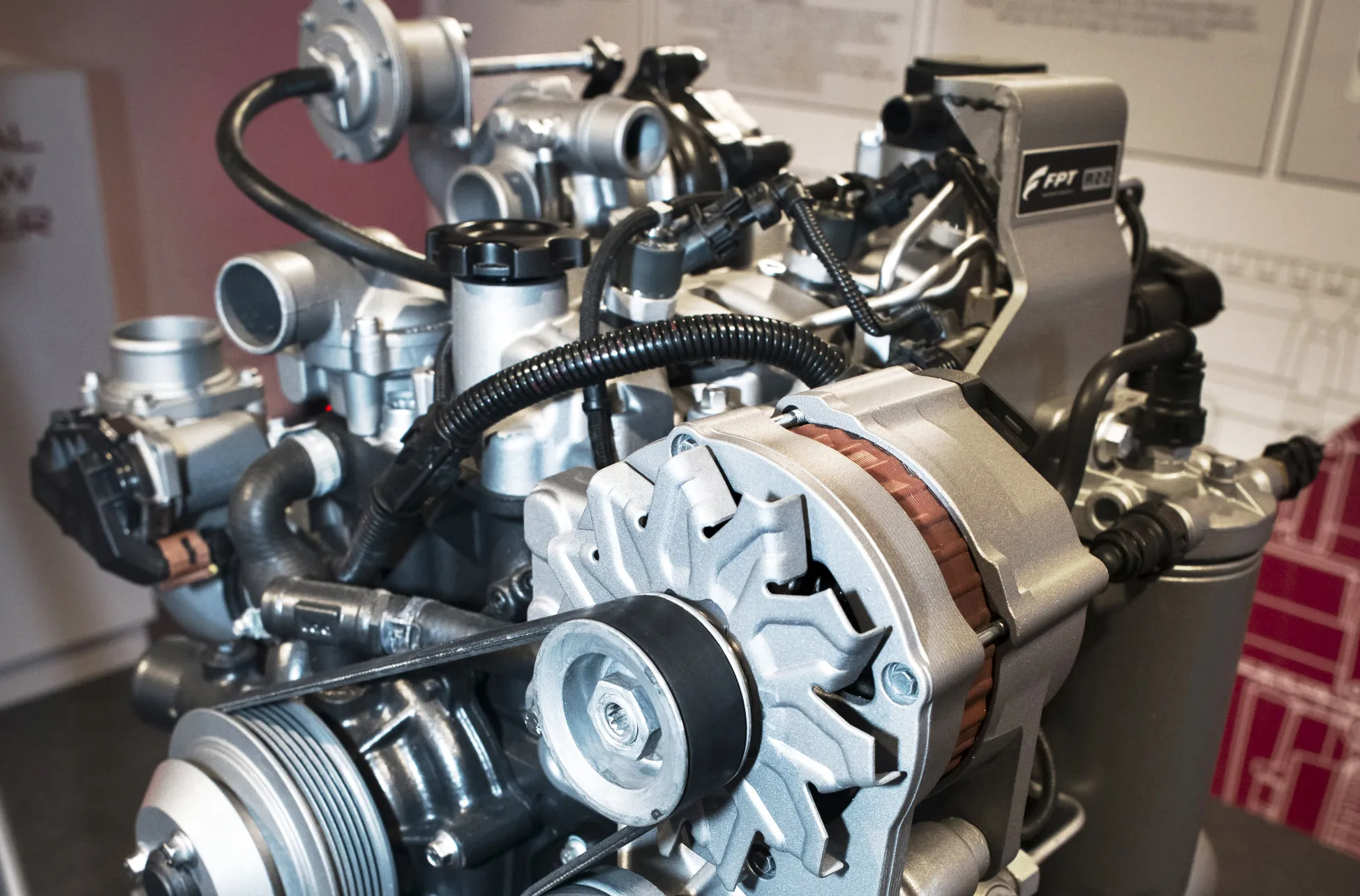Evatran, a developer of wireless charging systems for electric vehicles, has signed contracts with six high-profile commercial participants to outfit their Chevrolet Volt and Nissan Leaf models with pre-production Plugless Power wireless charging systems.
April 26, 2012
Read time: 1 min
Evatran claims this trial is the first of its kind in the world, and will help to establish the United States as the EV market leader. Participants range from car rental agencies to corporate campuses to utility providers and installations will occur in locations across the United States who will provide feedback on daily usage routines, user interfaces, and any additional functionality needed.
Announcements regarding the participants of the Apollo Launch Program are planned for early January with installations beginning in February 2012. A second phase of the Program is planned for the third quarter of 2012 to include additional participants across the country.









